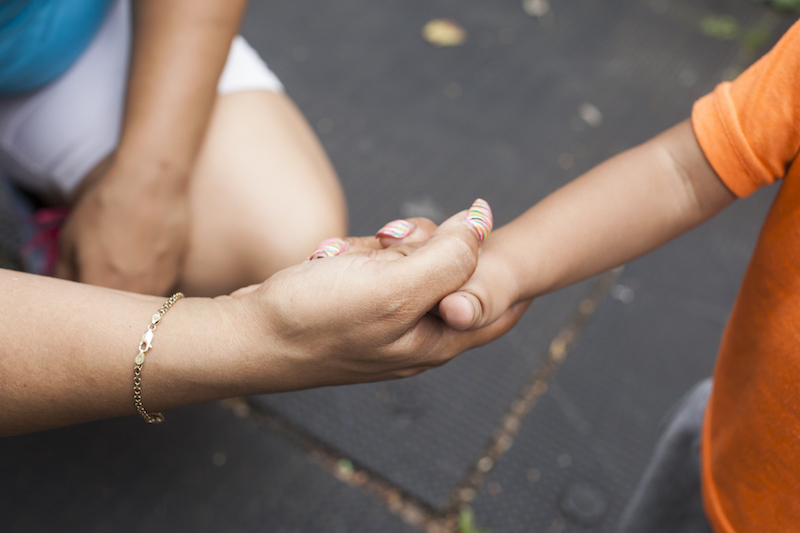 For poor parents, life often feels like an avalanche of misfortunes that invites judgment, mistrust and even charges of neglect.
For poor parents, life often feels like an avalanche of misfortunes that invites judgment, mistrust and even charges of neglect.
Here Daniel Hatcher, author of “The Poverty industry: The exploitation of America’s most Vulnerable Citizens”; Carlyn Hicks, director at mission First Legal aid office in Mississippi; Chris Gottlieb, co-director of New York University’s Family Defense Clinic; Mimi Laver, director of legal education for the American Bar Association’s Center on Children and the Law ; and attorney Erin Cloud and parent advocate Dinah Adames at Bronx Defenders, explain the relationship between child welfare and parenting while poor.
Q: Why are poor families more likely to be investigated for neglect?
Gottlieb: The U.S. has chosen to use the child welfare system to deal with child poverty. We’re so finger-wavy of the poor that we don’t address the obvious dangers poverty poses to children. Instead, we blame parents for the predictable harms that result.
Hicks: Overburdened parents sometimes make decisions based on survival that may not be the safest situation for the child. So those families come into contact with the system.
Cloud: Every aspect of poor families’ lives is subject to supervision. Shelters have mandated reporters. HRA workers are mandated reporters. Public hospitals report overwhelmingly more than private hospitals.
Laver: If they called it poverty, they wouldn’t be able to remove a kid, because some states have a statute that says that kids cannot be removed for poverty alone. Neglect is a legal term that gives them the right to remove the child.
Gottlieb: We have set up enormous structures for reporting and investigating parenting. Of course, as soon as you set up hotlines and encourage people to make reports, the calls start coming in and investigators start heading out.
Q: How do child welfare systems distinguish between neglect and poverty?
Laver: Every state has guidelines, but I don’t think they’re solid.
Hicks: There is so much subjectivity as to what they perceive to be a safety threat. In some cases, it’s if the house has a leaky roof. If the children are being moved around a lot or they’re in a home with too many people. Here in Mississippi, I’ve seen a lot of cases involving kids coming to school in dirty clothes or hungry or having lice.
Cloud: In New York, the standards have to be that you’re falling below a minimum degree of care even though you are financially able to do so.
Q: How does having a case affect a family’s ability to stabilize?
Hicks: Once you have a child welfare case you almost have to surpass perfection in order to get your kids back, and that’s not an easy task for parents with limited resources.
Hatcher: In some states, parents are charged child support while their kids are in foster care; some states make it a requirement for reunification. Other states use it as grounds to terminate parental rights. These payments are impossible for low-income parents to pay and when that starts to build up their checks get garnished and they fall behind on rent. One barrier leads to another.
Adames: There’s also the indicated report. That stops our clients from getting certain employment opportunities and prohibits the family’s long-term stability.
Q: What can help parents in need keep children safely at home?
Hatcher: Congress can make federal funds for preventive just as available as funding for foster care so more services can be provided before child welfare gets involved. “Title IV-E,” the biggest source of funding to child welfare, is federal money that the states get and give to agencies only when kids are taken from their families. Other federal funding is supposed to provide services to families to prevent the need for foster care. That money is much lower and is limited.
Gottlieb: We should be pushing for free, quality day care and better public assistance. We need to provide social services that are aimed at helping, not punishing, families in need. We also need to make sure all parents involved in the system have quality legal representation.
Cloud: One of the biggest challenges we have is that the people in charge of deciding what happens to poor people are not in poverty. They have no idea what our clients are going through.
